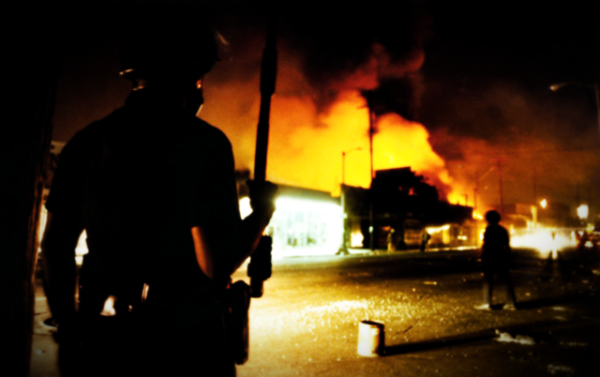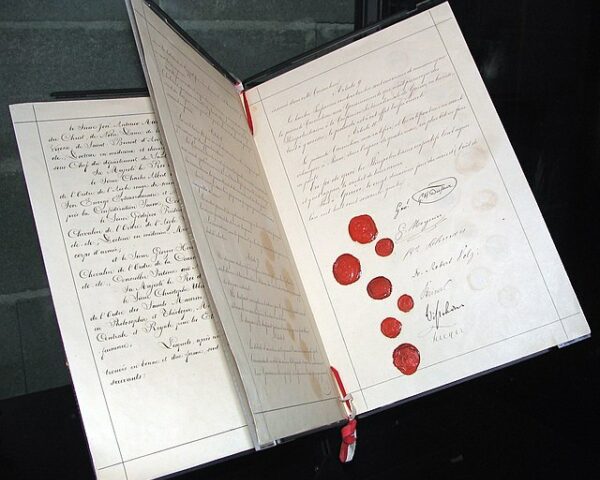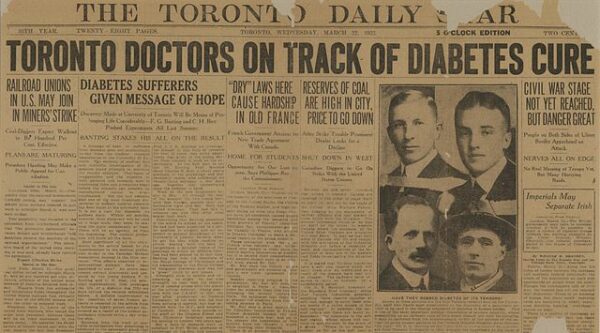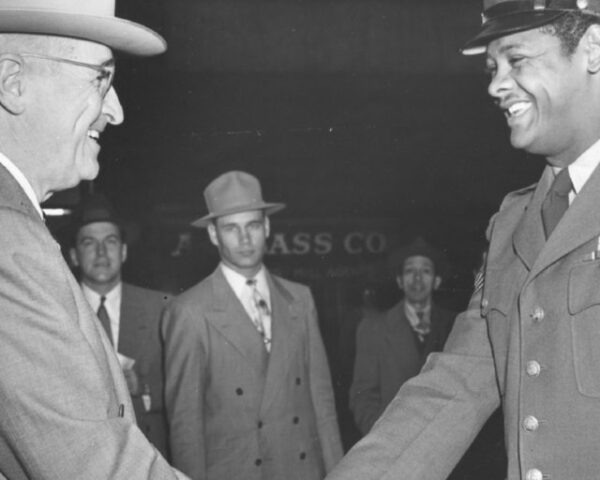The Los Angeles riots of 1992 were a searing eruption of pent-up anger and frustration that shook the city to its core. Triggered by the acquittal of four white police officers charged with the brutal beating of Rodney King, a black motorist, the riots laid bare the deep-rooted racial tensions and socioeconomic disparities that plagued the city.
The beating of Rodney King on March 3, 1991, captured on amateur video, shocked the nation with its raw brutality. Despite the damning evidence, the officers involved were acquitted of all charges by a predominantly white jury in April 1992. The verdict sparked outrage and disbelief among the black community in Los Angeles and beyond, who saw it as yet another miscarriage of justice in a long history of police brutality against African Americans.
The acquittal was the match that ignited the powder keg of discontent simmering in Los Angeles. On April 29, 1992, the city erupted in violence and chaos as anger boiled over into the streets. What began as peaceful protests quickly descended into looting, arson, and widespread violence, engulfing entire neighborhoods in flames and leaving a trail of destruction in its wake.
The riots exposed the deep-seated grievances of marginalized communities in Los Angeles, particularly in South Central, where poverty, unemployment, and police brutality were rampant. For many residents, the uprising was a desperate cry for justice and an expression of long-simmering frustration at systemic inequality and oppression.
The response from law enforcement was swift, with the California National Guard deploying thousands of troops to restore order. Despite their efforts, the riots raged on for six days, resulting in over 60 deaths, thousands of injuries, and more than $1 billion in property damage.
The media coverage of the riots brought the issues of race, police brutality, and socioeconomic inequality to the forefront of national consciousness. Images of burning buildings, looting mobs, and armed soldiers patrolling the streets shocked and horrified viewers, forcing a reckoning with the deep divisions and injustices that plagued American society.
In the aftermath of the riots, calls for reform echoed across the country, demanding accountability for police misconduct and addressing the root causes of urban unrest. The Christopher Commission, appointed to investigate the LAPD’s handling of the Rodney King beating, issued a scathing report highlighting systemic failures and recommending sweeping reforms.






